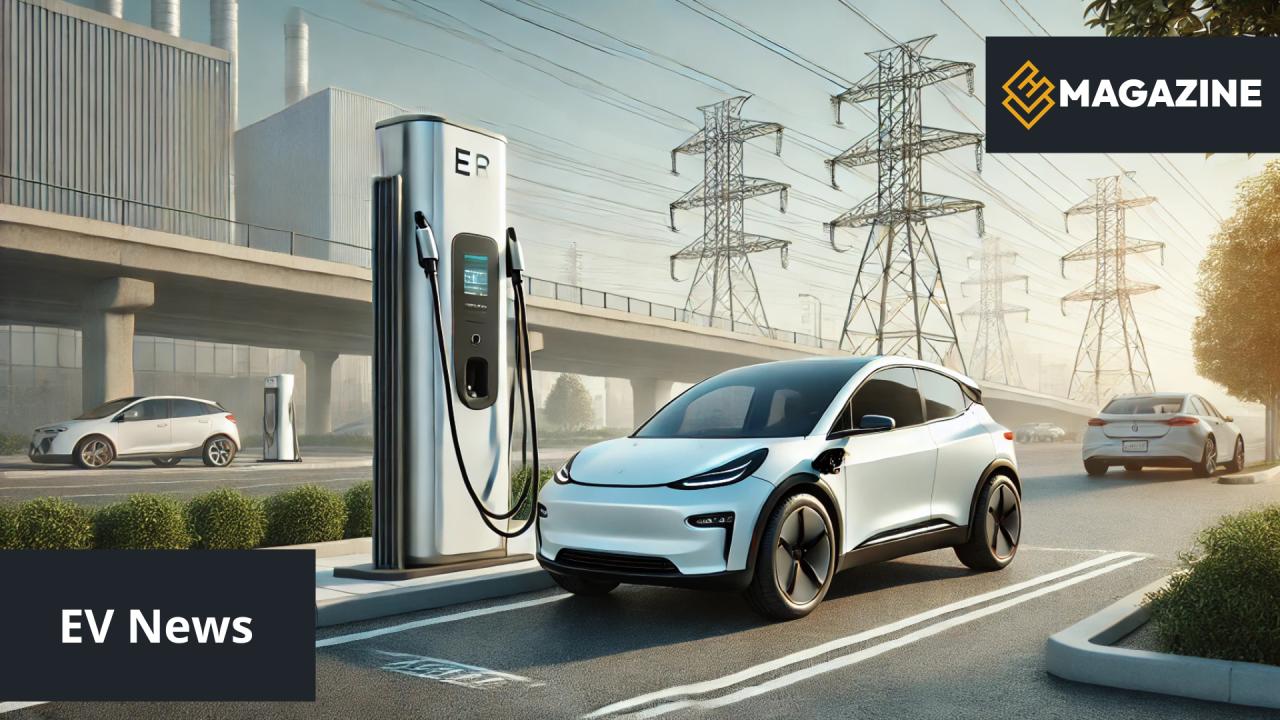Nissan has announced its entry into ChargeScape, a collaborative initiative established by BMW, Ford, and Honda in 2023. This project focuses on vehicle-to-grid (V2G) technology, which integrates electric vehicles with the power grid. By acquiring a 25% stake in ChargeScape, Nissan aims to contribute to the development of software services that connect electric cars to energy networks in the United States and Canada.
Understanding Vehicle-to-Grid and Its Importance
Vehicle-to-Grid (V2G) technology enables a two-way flow of energy and communication between electric vehicles and the electrical grid. This means an electric car can not only draw energy while charging but also supply excess energy back to the grid. This transforms vehicles into mobile energy storage units, helping to stabilize the grid, especially during peak demand periods.
Nissan's Vision for the Future of Charging
Nissan envisions a future where electric vehicles play a pivotal role in the energy ecosystem. Vehicle owners could receive financial incentives for connecting their cars to the grid, sharing data with ChargeScape, and allowing their battery energy to support the electrical network. The company plans to establish "virtual power plants" in areas like California and Texas, contributing to emission reductions and enhancing the efficiency of energy systems.
Significant Emission Reductions Through Electric Vehicles
Integrating electric cars into the power grid can substantially reduce greenhouse gas emissions. By supplying energy back to the grid during peak times, it reduces the need to activate fossil fuel power plants, which are often major contributors to air pollution. According to a 2023 report by the Rocky Mountain Institute, such practices can significantly improve air quality.
Nissan Leaf: A Pioneer in Bidirectional Charging
The Nissan Leaf is one of the first electric vehicles equipped with bidirectional charging technology, essential for V2G applications. This model has had the necessary hardware since 2013, but its full utilization in the U.S. was officially approved only in 2022. This allows the Nissan Leaf to function not just as a mode of transportation but also as a component of the energy infrastructure.
Electric Vehicles as Future Energy Storage Solutions
The idea of using electric cars as part of the power grid has been around for nearly as long as modern electric vehicles themselves. Back in 2016, Nissan introduced a concept where electric vehicles would serve as "fuel stations of the future". This approach could revolutionize how we perceive energy usage and enable greater integration of renewable energy sources.
Potential Impact in Europe and the Czech Republic
Vehicle-to-Grid technology holds significant promise in the European context, including the Czech Republic. Integrating electric vehicles into the electrical grid could help stabilize the energy system, particularly with the increasing share of renewable resources like wind and solar power. Implementing V2G could offer financial savings for electric car owners while reducing reliance on fossil fuels.
For the Czech Republic, adopting this technology could be a step toward a modern and sustainable energy infrastructure. Electric vehicles could assist in balancing fluctuations in energy supply and contribute to more efficient use of renewable resources.
Source: Greencarreports

